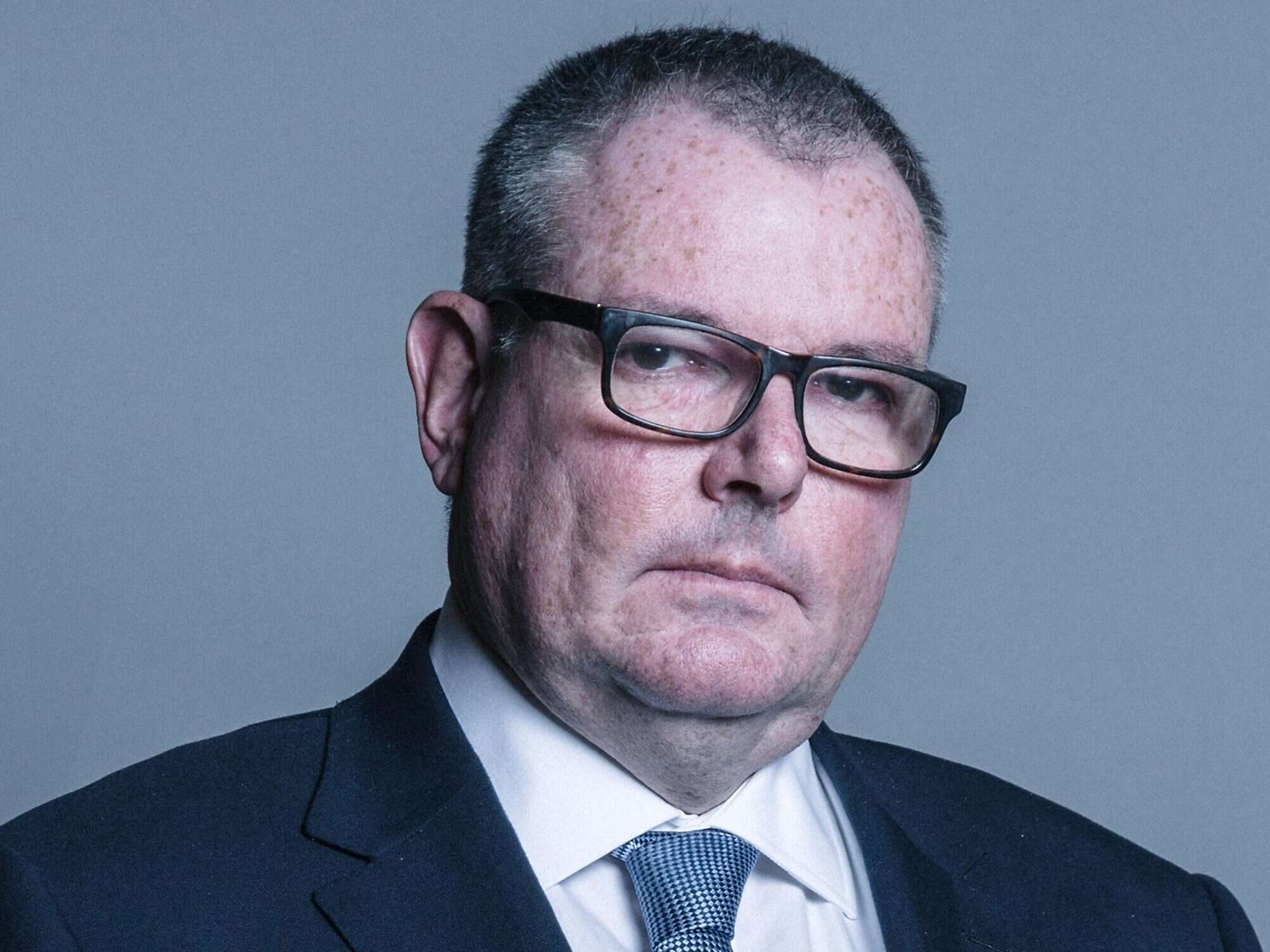
Peers have launched a new inquiry on the future of journalism in the UK.
The House of Lords Committee on Communications and Digital is asking for evidence on the changing news media landscape and how journalists can be supported to adapt to these changes.
It also wants views on how journalists “can become more trusted by the general public” and whether public policy could better support the training of journalists in the UK.
The inquiry comes exactly one year since the Government-led Cairncross Review into the sustainability of the UK news industry in the digital age published its report with nine recommendations to save journalism.
A number of these have been taken up by the Government and other public bodies, including a £2m innovation fund, but its proposal to create an Institute for Public Interest News has been rejected by the Government.
Peers launched their own inquiry yesterday.
Lord Gilbert of Panteg (pictured), chairman of the committee, said: “In our democracy journalism is at the core, but in recent years we have seen a shift from the traditional consumption of news and away from established business models.
“Within moments, we now have access to news on multiple platforms and no longer need to wait for the morning paper or the evening news for updates.
“Social media has allowed new organisations to disrupt the news market and also gives individuals a greater freedom to publish news and analysis themselves, challenging established providers.
“For the 70,000 people across the UK who are employed as journalists, the shift from traditional print media to digital has given rise to a need for more training and an increased range of skills.”
The committee will also seek to establish why journalism as a profession is “not more representative of the population” and how journalists can better serve people who live outside major cities.
Lord Gilbert, a Toy life peer, added: “Public trust in journalists has fallen and is particularly low outside of London and other metropolitan hubs.
“This may be connected to the profession not being representative of the population it is serving. Only 11 per cent of journalists are from working class backgrounds and only six per cent are not white.”
Anyone working in journalism or with an interest in the industry is encouraged to submit written evidence by 25 March this year. Find details of how to submit evidence on the committee’s website.
Picture: Parliament
Email pged@pressgazette.co.uk to point out mistakes, provide story tips or send in a letter for publication on our "Letters Page" blog
